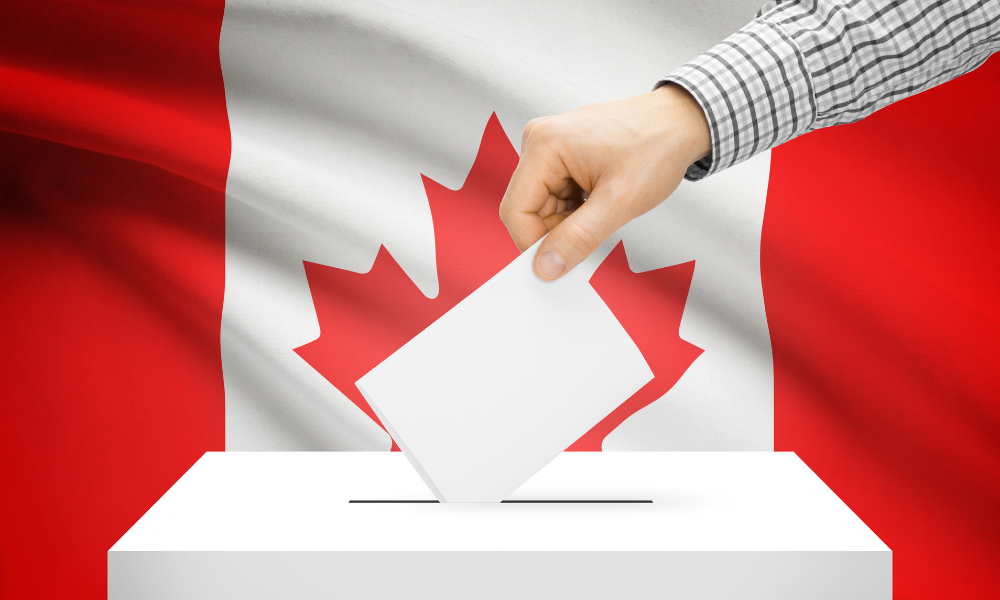Minority government will not be the best outcome for markets

Mark Carney looks set to continue as Canada’s prime minister as his Liberal Party head towards a narrow victory in the federal election.
With counting still ongoing at 5.30am ET, the stats suggest that Carney will form the government, but with narrow margins in the vote he may not secure a majority, forcing collaboration with other parties.
“While many have chosen to place their trust in me, trust in the Liberal Party, millions of our fellow citizens preferred a different outcome,” Carney said at a speech in the early hours of Tuesday morning, while acknowledging the need to work with other parties.
He also continued with the message of the election campaign, that dealing with Donald Trump was the priority: “We are over the shock of American betrayal,” Carney said. “But we should never forget the lessons.”
Meanwhile, despite a strong performance which saw the Conservatives do better than they have since 2011, leader Pierre Poilievre is projected to lose his own seat.
Reacting the projected Liberal win, CIBC Capital Markets economist Avery Shenfeld said budget deficits are expected to head higher in the near term as a result of new government priorities, but a minority Liberal administration would also add extra burden.
“Gaining support in parliament from either the NDP or the Bloc could mean allocating additional funds towards those parties' priorities, including health care for the NDP, and items of importance for the Bloc (health care, other transfers, support for the metals sector). Some of that might be funded by delaying some of the Liberal's own initiatives rather than by running an even larger deficit,” he wrote.
A minority government would also make it harder for Carney to fully control how Canada responds to the trade war with the US, although so far the TSX futures index indicates markets will open slightly higher Tuesday.
However, the loonie could be negatively impacted according to Karl Schamotta, chief market strategist at Corpay Currency Research who also noted that foreign currency markets appeared unconcerned about the election outcome with both main parties adopting a relatively centrist position.
Other economists are looking beyond today’s result with an eye on the state of the economy that the new government will be dealing with.
“We’re watching February’s gross domestic product report on Wednesday, including an early estimate for March, for clues on what type of economy the next government inherits as tariff headwinds continue to build,” said RBC Economics’ Nathan Janzen and Abbey Xu. “We expect a flat reading for February GDP—broadly in line with Statistics Canada’s early estimate a month ago that showed output was “essentially unchanged,” which is a sharp slowing from a 0.4% increase in January and ending a two month run of per-capita increases.”



